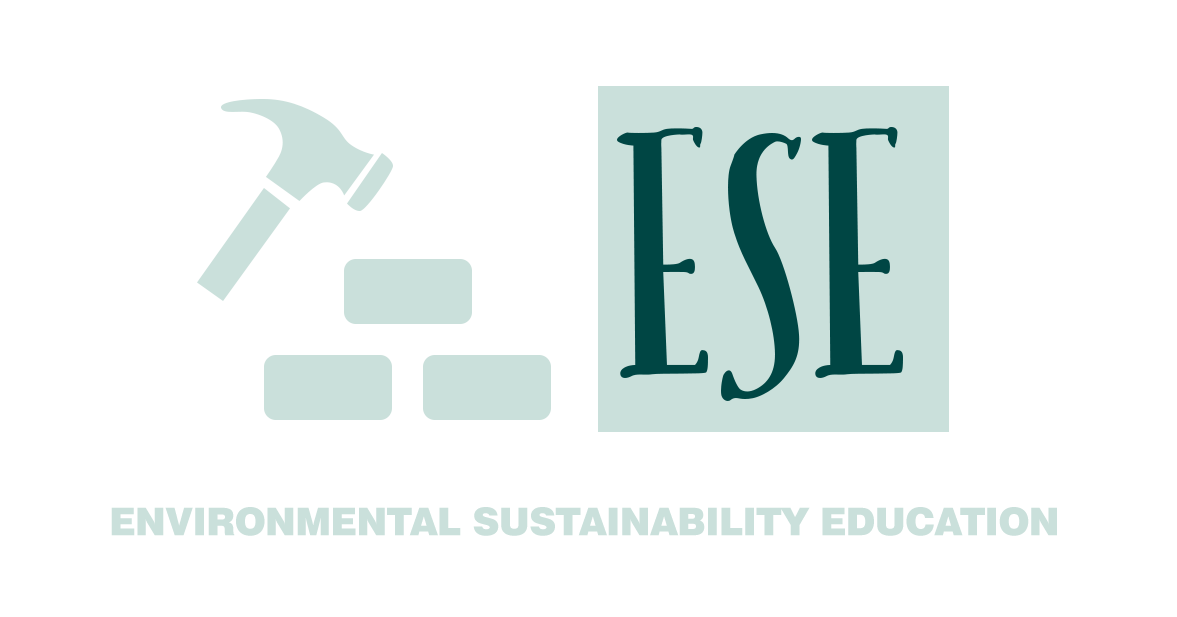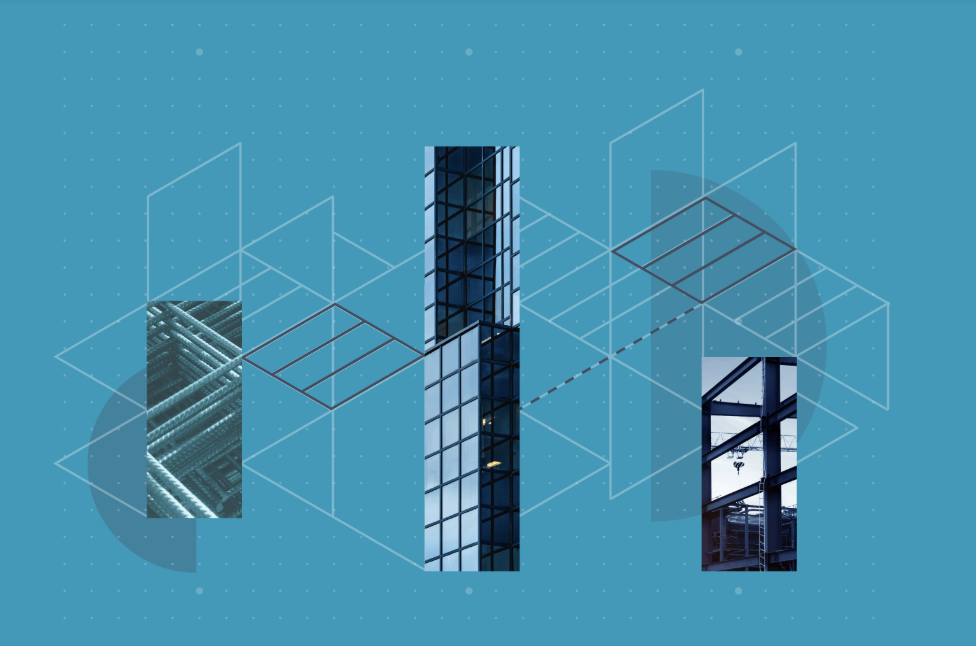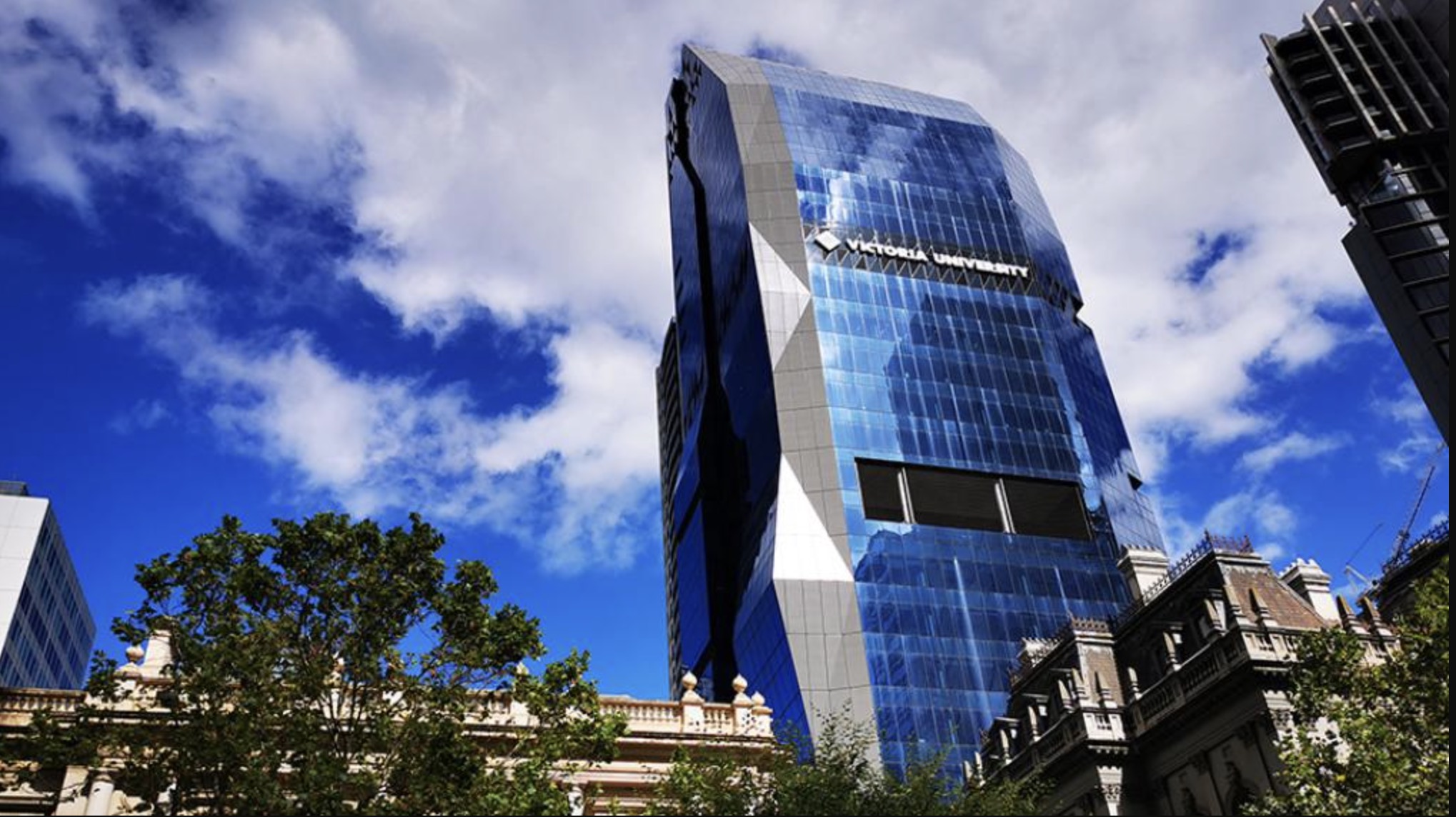The 48th Australasian Universities Building Education Association (AUBEA) conference will be hosted by the University of Canberra, Canberra, Australia from 26 – 28 November 2025. AUBEA 2025 is organised by the School of Design and the Built Environment, Faculty of Arts & Design, University of Canberra.
With the theme “Building Sustainable, Smart, and Resilient Communities: Planning, Design, Construction, and Education”, AUBEA 2025 will bring together researchers, educators, students, and industry professionals from Oceania and other regions. The conference aims to foster knowledge sharing, reflect on best practices, promote collaboration, and explore solutions to current challenges, while shaping the future of the construction and built environment sectors.
We welcome paper submissions and attendance.
- Conference Chair: Dr Larry Xiancun Hu
- Conference Co-chairs: Prof. Srinath Perera, Asso. Prof. Hitomi Nakanishi
- Industry advisory subcommittee: Adj. Prof. Robyn Hardy; Adj. Prof. Robert Gordon Whittaker AM; Adj. Prof. Simon Butt; Andrew Blencowe (AIB); Adre de Waal (AIQS).
- Conference Location: University of Canberra, Bruce Campus, ACT 2617, Australia
Note: A shuttle bus will be provided between the city centre (near the recommended hotels) and the conference venue.

Call for submissions
Conference themes and theme leader:
- Advanced Construction Project Management (Hamed Golzad)
- Data-Driven Decision Making in Construction Project Management
- The Future of Workforce Management
- Agile and Lean Approaches in Construction
- Reshaping Safety and Compliance in Construction
- Hazard-resilient Built Environment (Hitomi Nakanishi)
- Construction and climate change adaptation
- Enhancing resilience in construction process
- Education and training in construction sector
- Assessment framework of hazard resilience
- Innovative Teaching and Learning (Henry Liu)
- Pedagogical development for emerging technologies and challenges
- The ‘future’ of education delivery for the built environment programs
- Research components in building/construction professional degrees: rethinking and preparing for the ‘futures’
- Contemporary issues with teaching and learning support within the building/construction disciplines
- Low-carbon Planning and Design (Mike Louw)
- Towards net-zero carbon buildings, infrastructure, and neighbourhoods
- Embodied, operational, and whole life carbon in building design and construction
- Innovations in bio-based and recycled materials for construction
- Adaptive reuse, design for disassembly, and dematerialisation as low-carbon strategies
- Smart Built Environment (Larry Xiancun Hu)
- Smart Cities and Buildings
- Digital Transformation in Construction
- Management, Social and Economic Impacts
- Emerging Technologies and Future Trends
- Sustainable Built Environment (Amy Aifang Wei)
- Sustainable building and construction materials
- Sustainable construction techniques/controls
- Policy and governance for sustainable development
- Performance measurement and assessment in sustainable built environment
- CIB Doctoral School (Nethmin Pilanawithana)
- Innovation and Digital Transformation in Construction
- Sustainability and Resilience in Construction
- Construction Project Management and Economics
- Health, Safety and Risk Management in Construction Projects
All papers submitted to the conference will undergo a rigorous double-blind peer review process. Independent referees, selected from the appointed scientific committee and qualified academics or conference authors, will evaluate each submission to ensure the highest academic standards.
The best research paper will be selected and awarded for each theme.
Selected conference papers will be compiled and published as a book with a world reputable academic publisher.
Some qualified papers are expected to be featured in a Q1 journal. Additional journal publication options will be available as well.
All accepted conference papers will have the opportunity to be published in Scopus Index proceedings.
Key dates
- Abstract submission
1 February – 1 May 2025 - Notification of Abstract Acceptance
31 May 2025 - Paper Submission
1 June – 17 August 2025 - Paper Acceptance Notification
14 October 2025 - Final Paper Submission
15 October – 6 November 2025 - Conference Dates
26-28 November 2025 - Early Bird Registration Dates
1 May – 31 Oct 2025 - Standard registration Dates
1 Nov – 25 November 2025
Registration and cost
For authors whose papers are accepted, it is mandatory that at least one author registers and attends the conference to present their work. This is a requirement for the paper to be included in the conference proceedings. Remote participation and presentations are allowed.
For accepted papers, at least one author must register and attend the conference to present their work; this is essential for the paper’s inclusion in the conference proceedings. Remote participation and presentations are permitted.
The conference registration fee grants access to all sessions across both days, along with refreshments, lunches, a welcome cocktail reception, and the conference dinner. Please note that this fee does not cover the journal’s open-access charge. For those opting for single-day attendance, the fee only includes access to all sessions along with refreshments and lunch for that day. Online participation fees apply solely to online presentations.
| Category | Early bird registration (until 31 Oct 2025) | Standard registration (from 1 Nov 2025) |
|---|---|---|
| Author (non-student) | $850 | $950 |
| Non-author participant (non-student) | $800 | $900 |
| Student author | $550 | $600 |
| Non-author student | $500 | $550 |
| Online participation | $500 | $550 |
| Group booking of 3 delegates from the same organisation | $2,500 | $3,000 |
| Conference attendance fee per day without dinner ticket | $450 | $470 |
| Conference dinner ticket | $150 | $170 |
All prices are listed in AUD and include GST.
All authors should be registered under Theme 1, 2, 3, 4, 5, 6, or 7 for their papers to be included in the conference. Each registrant is entitled to present one paper. A single registration can cover up to two papers. However, one extra paper can be presented by a registrant for an additional fee of $100.
Registrations close on 25 November 2025. if you wish to register after this date, please contact Larry Hu or Hitomi Nakanishi
The submission platform will be available on 1 February 2025. The register website will be published in April 2025.




